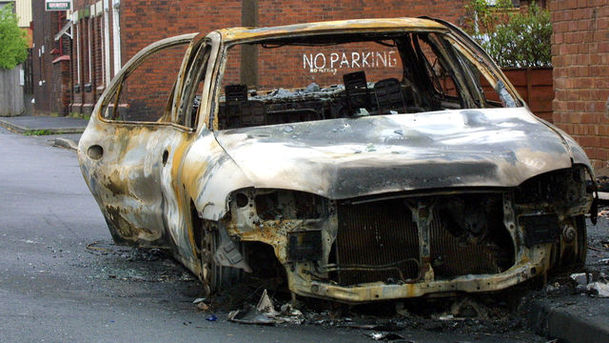Beyond Westminster - 19/09/2009

Ten years after Labour introduced the ASBO, anti-social behaviour is still a worry to many voters. With both government and opposition promising a crackdown, Ben Wright asks how much power politicians really have over our behaviour and hears claims that too much interference by the state is damaging society. Trying to make us behave better has been one of the Labour government's missions. Nuisance neighbours, troublesome teenagers, yobs and louts have been in the sights of successive home secretaries and the government has legislated with zeal. It is ten years since the first antisocial behaviour order - or ASBO - was issued. Since then the government has built up a vast arsenal of measures to combat a wide number of problems, from crack houses to high hedges. But have the dispersal orders, behaviour contracts, parenting orders and noise notices made any difference in the worst-affected areas? And how has the ASBO industry that has developed over the past decade affected our ability to resolve disputes among ourselves? Have we become too dependent on state mediation? And are we less tolerant of other people's behaviour? Ben Wright goes to Gorton in east Manchester to talk to people in an area where the police and council have used a wide range of measures to tackle antisocial behaviour. He speaks to Assistant Chief Constable Constable Garry Shewan of Greater Manchester Police, to Paul Cullen from Manchester City Council and to Eric Allison, a long-time Gorton resident and the Guardian's prisons correspondent. We also hear from the Labour MP Frank Field, who wants communities to be given more power to deal with nuisance neighbours directly, and from sociologist Stuart Whaiton, who thinks politicians who call for more crackdowns on antisocial behaviour are indulging in a 'politics of fear'. Finally, Home office minister David Hanson and Shadow home secretary Chris Grayling debate current policy on the issue.